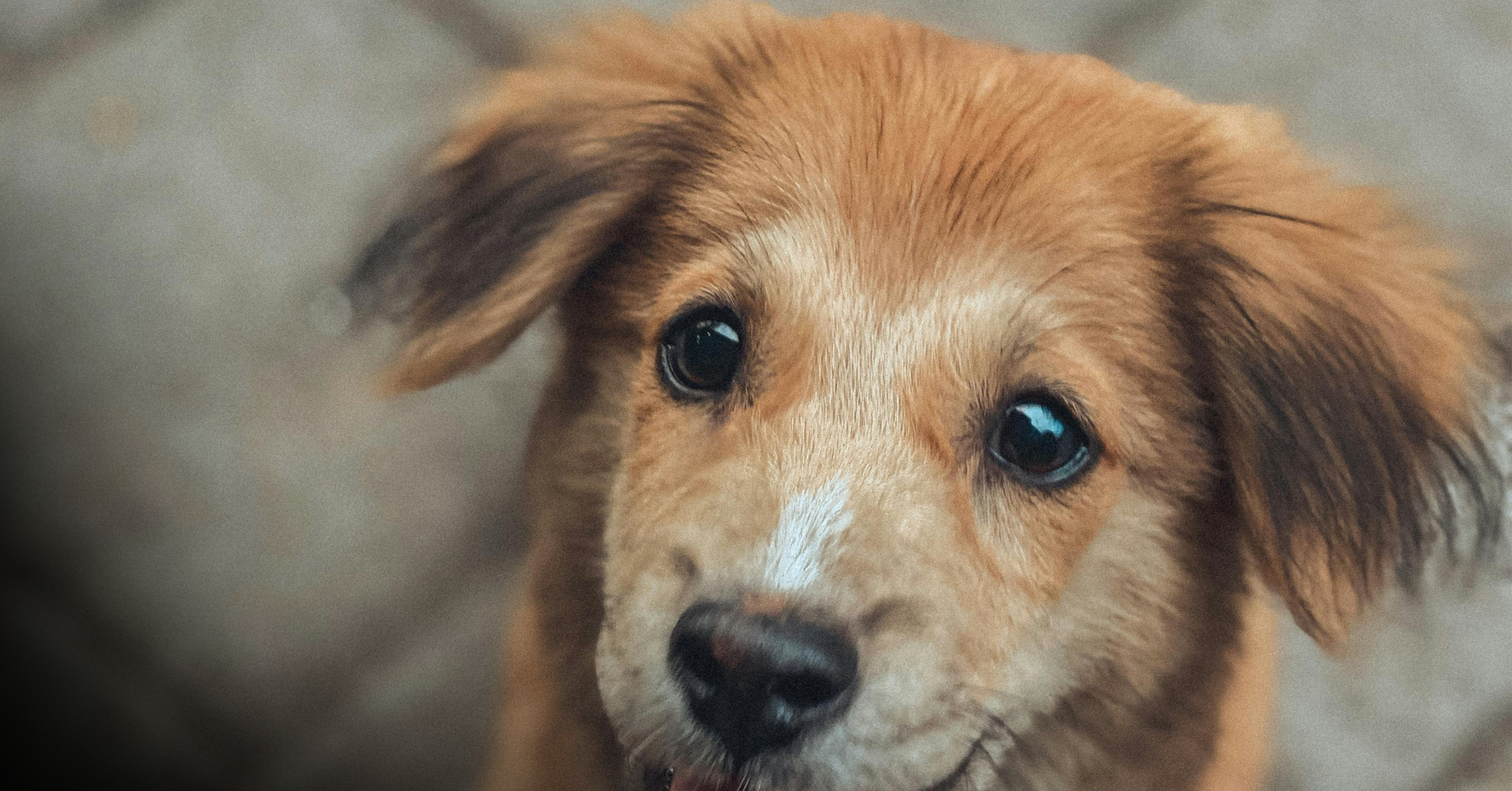
Protecting “Pets” While Hurting Others? That’s Not Justice
The Industry’s Lies—and Who Ends Up Promoting Them
When it comes to the animals used for experimentation, the animal research industry tells us many lies.
Lies about science.
Lies about necessity.
Lies about the animals themselves.
All to distract us from the harms it causes—in service of justifying the unjustifiable.
And, unfortunately—even when humans try to speak out against the violence—they sometimes end up reinforcing the very lies that keep it going.
That’s what’s happening in Canada right now.
In Ontario, a Step Forward, or a Step Back?
In response to public outrage over recently-exposed Canadian experiments that induced heart attacks in dogs before killing them, Ontario Premier Doug Ford announced his intent to ban the use of dogs and cats in provincial research.

Ford—a “self-described‘”animal love’r”—rightly characterized such experimentation as “cruel” and “unacceptable.”
But, then, he did exactly what the animal research industry does: he drew the line not based on science or suffering—but on species and status.
Said Premier Ford:
You can’t be experimenting on dogs. They’re part of our families. Or cats. Go with mice, go with rats, no problem….
Torturing Animals is “No Problem”?
Rats and mice are sentient beings, who are the same as dogs and cats in all ways that matter. Yet untold millions of them are tortured in labs each year—all without a single legal protection—because the industry tells us that their suffering shouldn’t matter, and because the government has decided that it doesn’t.
When Consideration is Conditional, Injustice Thrives
Premier Ford’s position, while well-intentioned, betrays the very logic that fuels the animal research industry—the same logic, in fact, that gives rise to its grotesque abuses, including those Premier Ford opposes.
It’s the logic that says only some dogs are “pets,” that almost all mice are “tools,” and that animal suffering counts only when humans care about the victims.
Rather than challenging the speciesism relied on by the animal research industry, Premier Ford’s statements actually mirror it—reinforcing the unscientific and ethically indefensible idea that some animals are more worthy of empathy, protection, or rights simply because of how humans have categorized them or how humans feel about them.

This, says ethicist Udo Schuklenk, is “evidently absurd,” “ethically flawed,” and violative of justice.
Schuklenk advises that, in stark contrast to the false hierarchy reinforced by Premier Ford, the very “cornerstone principle” of justice demands that we “treat equal things equally”:
If animals can feel pain somewhat comparably to how humans do, the principle of justice would give us a reason to stop inflicting pain on them, similar to how we would not grab newborns and subject them to grueling experiments. That would apply to a rat just as it does to a dog or a cat.
Protecting Some Should Not Mean Sacrificing Others
Banning the use of dogs and cats in Ontario labs would spare some individuals unimaginable suffering, and that’s good.
But, if those individuals are spared because of their status as “pets,” the suffering doesn’t end or even reduce—it simply shifts the injustice, as victims of other species are substituted and made to suffer in their stead.
A System Built on Selective Outrage Cannot Be Just
Rather than challenge the premise of animal research, Premier Ford’s plan merely revises the list of acceptable victims—and that’s extremely dangerous.
Because every time we carve out special protections for the animals we personally care about, we reinforce the idea that violence and exploitation are fine so long as they’re done to the “right” kind of victim. In this case, the kind we may not know personally. The kind we haven’t welcomed into our homes. The kind we’ve been taught matter less.
When Victims Change, but the Violence Doesn’t
It’s also a win for the industry we’re fighting. It stokes the public’s selective outrage and uses it to uphold its hierarchy of harm—a hierarchy rooted not in fact, but in human and industry self-interest.
This false hierarchy—essentially a public relations campaign that relies on baseless “gradations and hierarchies of moral concern”—has grounded what animal research veterinarian Larry Carbone calls the “propaganda war [long] afoot over the use of animals in research” and informed public policy:
Just as different species of animals and the public personae we construct for them play different rhetorical roles in vivisection debates, so, too, do they secure different protections in animal welfare policy.
And, those protections—when built on speciesist logic—don’t disrupt violence. They actually sustain it.
Speciesism Isn’t Progress—It’s the Problem
While we acknowledge and support Premier Ford’s impulse to shield some animals from harm, we must also urge him—and all of us—to go further.
To challenge speciesist logic, not reinforce it.
To confront the industry’s lies, not echo them.
Because the problem isn’t that some animals are used in research. It’s that any are.

All animals—regardless of species, status, or human-assigned role—deserve freedom, no matter what they represent to us and no matter whether we love them.
Because, this fight isn’t about love; it’s about justice
And every stance we take must reflect that.
Join Us for a Free Virtual Event
Ridglan Farms: The Path Toward Accountability and Change
On Wednesday, Nov. 19 at 7pm CT, join Rise for Animals, The Marty Project, and The Beagle Alliance for a free virtual event to explore the fight for justice at Ridglan Farms and learn how collaboration across science, law, and advocacy is driving systemic change for animals.